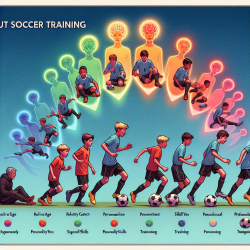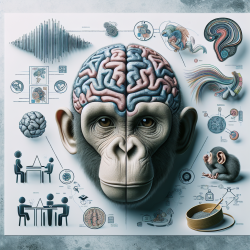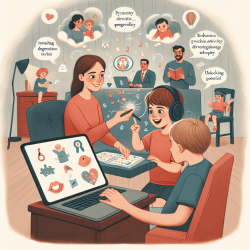The Relative Age Effect (RAE) is a well-documented phenomenon in sports, particularly in soccer. It refers to the advantage that relatively older players within an age group have over their younger peers, often due to physical maturity. This effect can influence talent identification and development processes in youth soccer academies.
The Role of Personality Constructs
While physical attributes are crucial in soccer, psychological characteristics also play a significant role in a player's long-term success. The study titled The relationships between relative age effect, personality constructs and achievement level in soccer highlights the importance of personality constructs such as self-confidence, team orientation, and a winning mindset.
Key Findings from the Research
- Self-Confidence: Relatively young players often develop higher self-confidence as they strive to overcome physical disadvantages.
- Winning Mindset: A strong desire to succeed can drive players to improve their skills and performance.
- Team Orientation: Older players tend to score higher on team orientation, which is crucial for effective teamwork and communication.
Implementing Research Outcomes
Youth soccer academies can benefit from integrating the findings of this research into their talent development programs. Here are some strategies:
- Focus on Psychological Training: Incorporate psychological skills training into regular practice sessions to enhance attributes like self-confidence and concentration.
- Create Inclusive Environments: Ensure that relatively younger players receive equal opportunities by recognizing their potential beyond physical attributes.
- Encourage Self-Reflection: Foster an environment where players regularly assess their strengths and areas for improvement.
The Underdog Hypothesis
The research supports the "underdog hypothesis," suggesting that relatively young players who overcome early disadvantages often achieve greater success in the long term. This highlights the importance of providing these players with quality soccer education and support.
Future Directions for Practitioners
Soccer practitioners should consider conducting further research to explore the relationship between RAE and personality constructs across different sports and cultures. Additionally, implementing strategies such as bio-banding—grouping players based on biological maturity rather than chronological age—can help create a more equitable environment for all athletes.
By understanding the interplay between RAE and personality constructs, coaches and academies can better support the holistic development of young athletes, ensuring they reach their full potential both on and off the field.
To read the original research paper, please follow this link: The relationships between relative age effect, personality constructs and achievement level in soccer.










